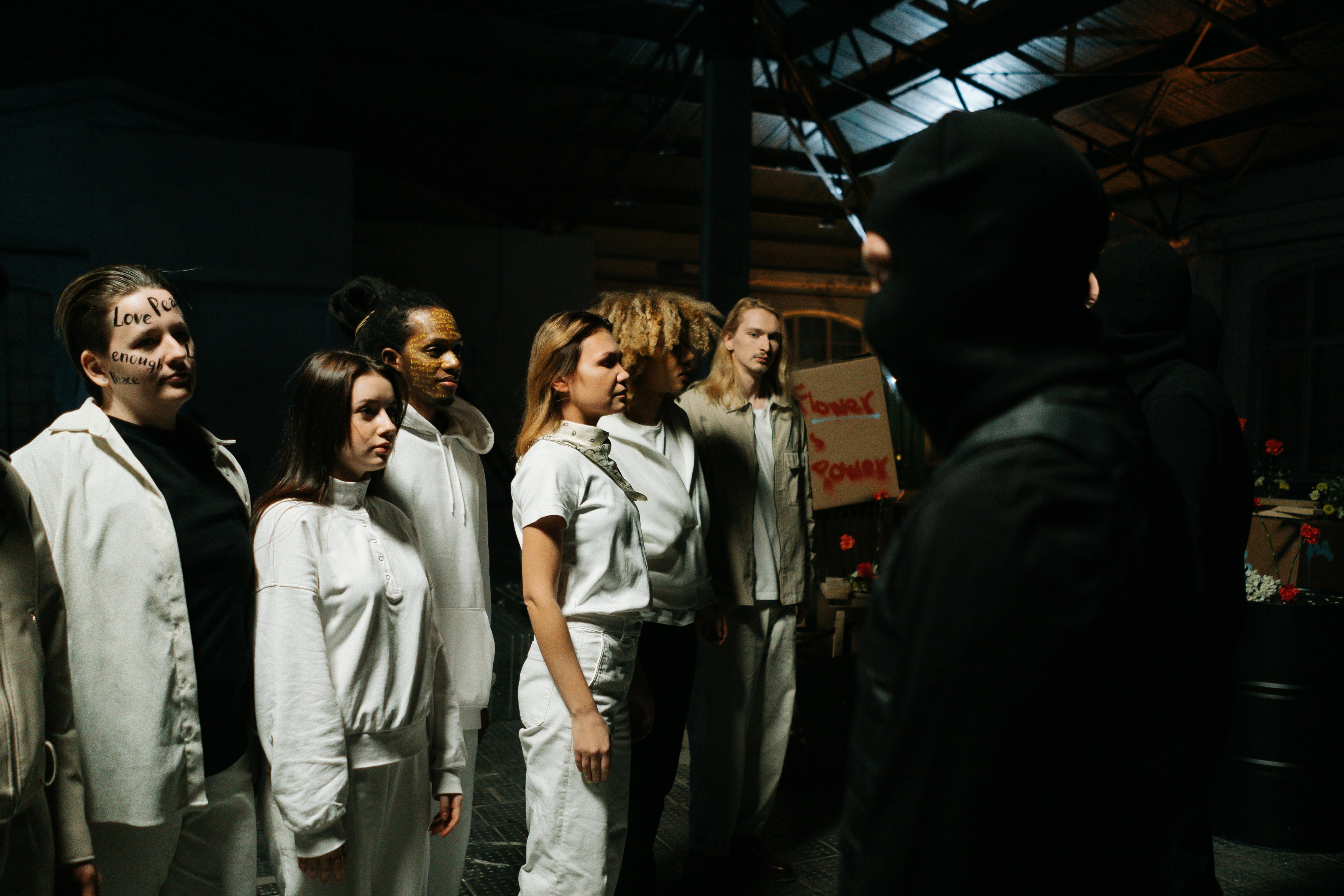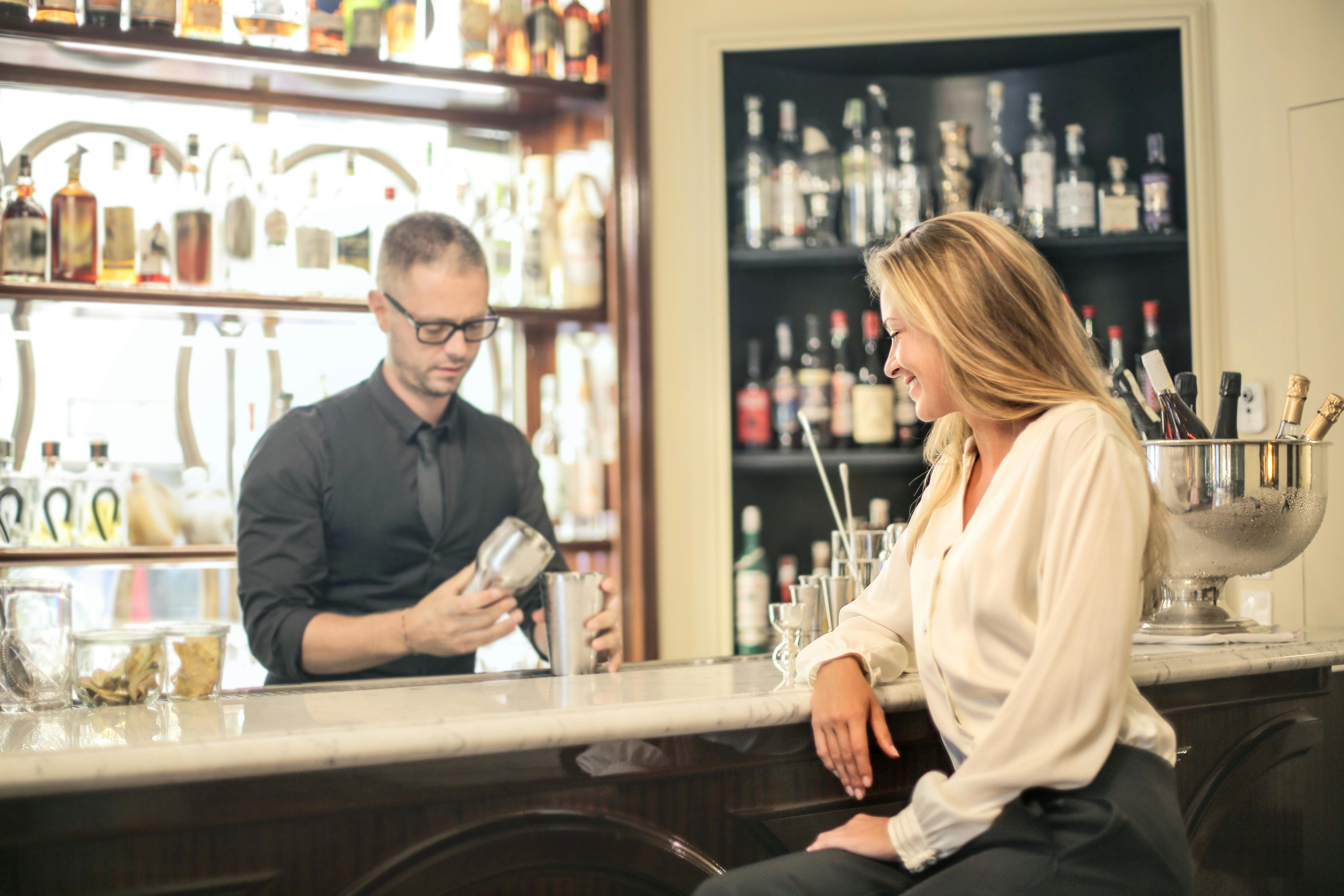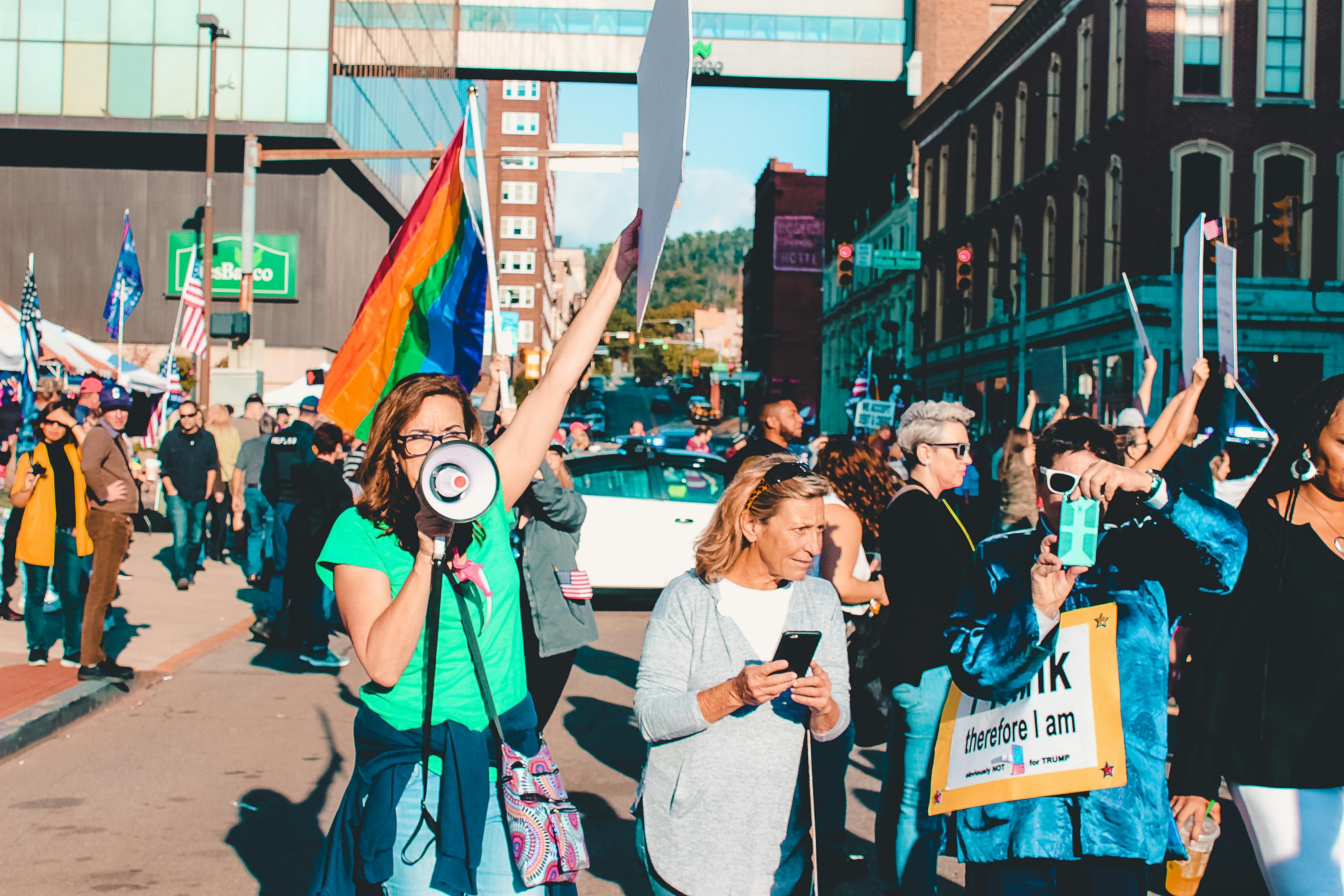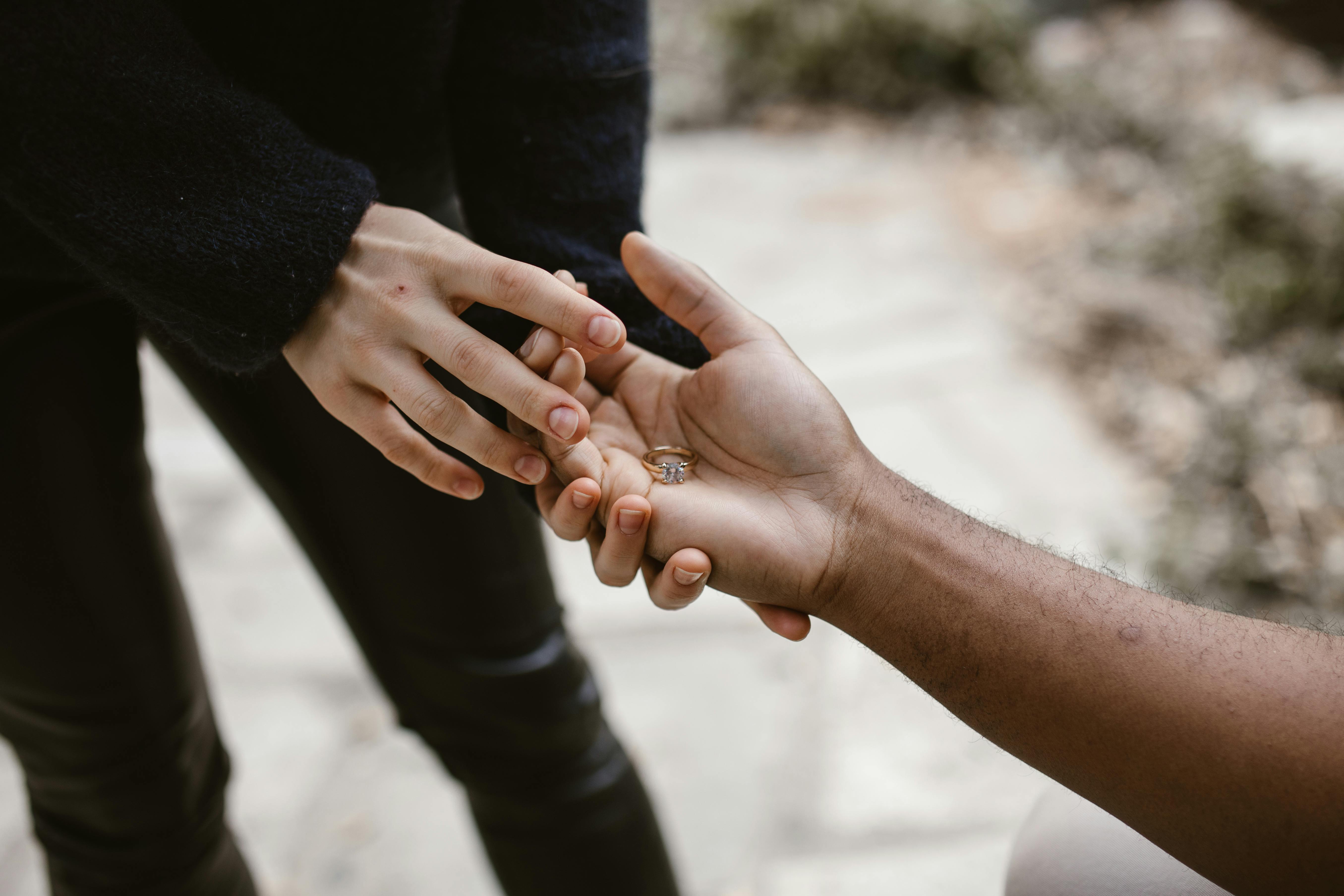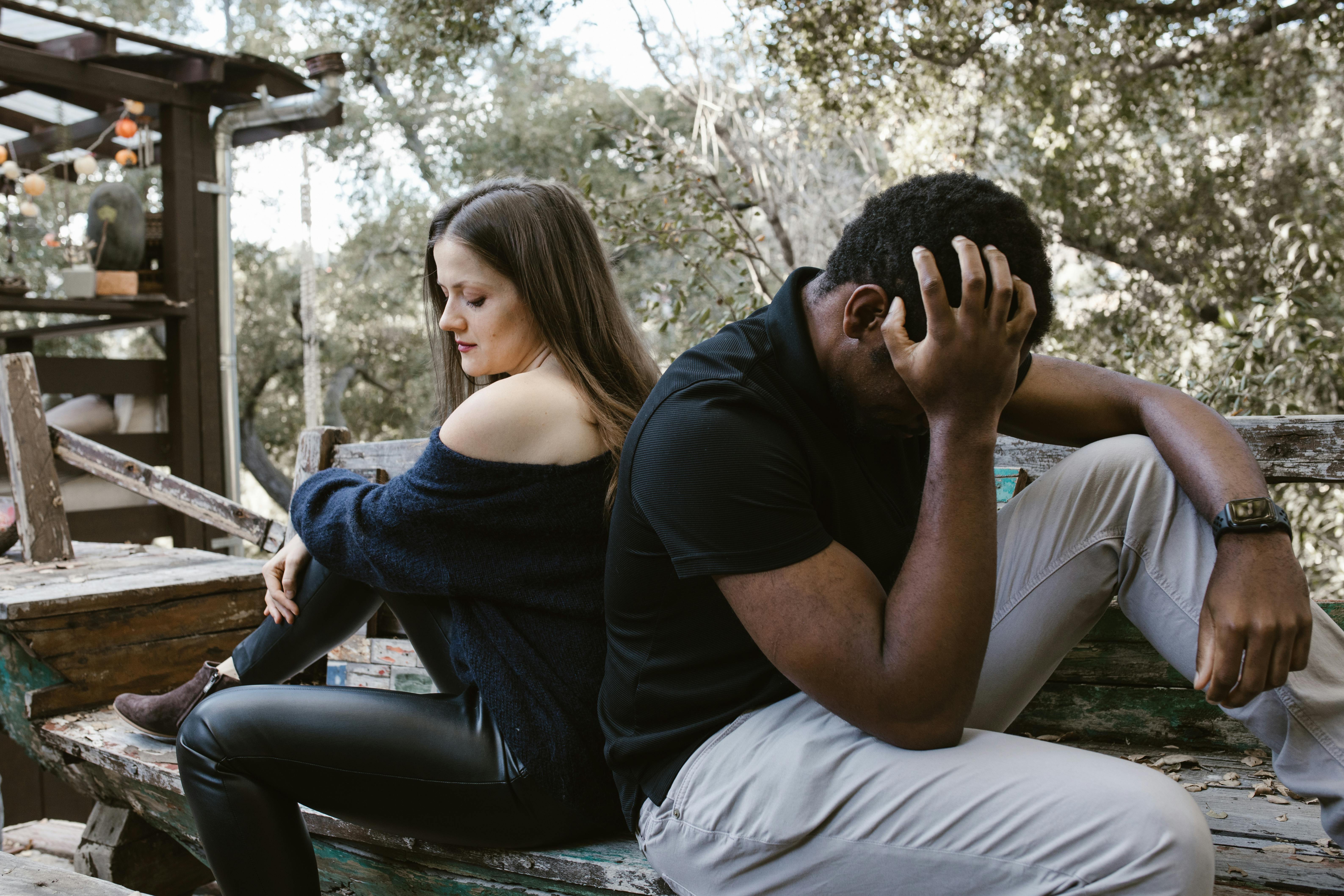As I am an inordinate fan of history, I have decided to write about it. Not about my first love, from a historical perspective, I mean, medieval European history, or my second love, Russian history. Not even from the bloodiest day in American history, the Civil War Battle of Antietam, which should have brought the Union cause close to victory but, due to an incomprehensible mistake, ended in a strategic stalemate, breathing Two more years of life, at least. , in Lee’s Army of Northern Virginia. No, the story I want to write about is the micro-story, that is, MY story. Specifically, I want to analyze, evaluate and discuss my recent fight against cancer, and its meaning and consequences, if such can be found in that experience.
The BC the title refers to is Before Cancer (or Before Chemo, if you prefer) and AD stands for After Deconstruction. Those concepts and their respective meanings will occupy most of this essay.
But first, the salient facts: On February 28, 2005, just after my family returned from a ski trip to Lake Tahoe, I woke up around 2:00 am with an unrelenting case of hiccups, followed by an almost unbearable attack. abdominal pain. An ambulance took me to the emergency room at Lenox Hill Hospital, where doctors diagnosed a “perforation or hole in the stomach,” perhaps caused by an ulcer. They needed surgery on me right away to save my life, but they hoped the surgery could be done laparoscopically, so it would be minimally invasive. As I was being administered anesthesia (for which I was deeply grateful), I couldn’t know that everything up to that point was, for me, BC
A day or two later (my memory is still somewhat vague on the chronology of this period), when I was still heavily drugged but could talk and concentrate, I was told what the rest of my family already knew: that I had cancer of the poorly differentiated stomach, known as linitus plastica, a cancer that, interestingly, is more common in the young and more prevalent in Japan. The cancer had been removed, as had my lymph nodes, and the lab tests were underway, with the results due in a few days. Just a few years earlier, my beloved father-in-law had died of stomach cancer, so I suppose I could be forgiven for some lack of optimism at the time.
My recovery from the surgery (which not only was not laparoscopic, but actually required the removal of every millimeter of my stomach and the attachment of my esophagus directly to my intestines) was surprisingly quick and quite successful, but as I I was about to be discharged from the Hospital, my surgeon informed me that the laboratory tests had confirmed his worst fears: that the cancer had infiltrated my lymph nodes and that, although they had all been removed, the chances of metastasis They were big. He informed me that my life expectancy without treatment was about three months, and with aggressive treatment it could be as long as two years (although he had rarely seen that). In a nutshell, he suggested that he get my affairs in order and emotionally prepare for the journey from which there is no return (with all due respect to my fellow Christian believers, even the One who believes he DID come back, he was left alone for a while). time). short visit).
This conversation with my surgeon marked the beginning of my AD experience. It is an experience, I hope, more or less common to anyone who has been told they have a fatal disease, and it forces one to contemplate not only death (in fact, for me, that was the easy part), but more importantly still, a world and a future, in which he or she will have no part. Suddenly, and without warning, I found myself crying. Not about dying. Not about suffering. Somehow those things didn’t seem real to me, or tangible, or even important. But rather, what I found devastating was the prospect of not being able to visit the universities with my youngest daughter, as I had with my oldest; of not being able to dance (and, more importantly to me, pontificate) at my daughters’ weddings; of not being able to attend my nephew’s Bar Mitzvah in Israel (then ten months in the future). And finally, not being able to visit all those places in the world that my wife and I had promised to reach one day.
All these considerations are deconstructing, no doubt. The prospects I mentioned were daunting to face, but strangely enough, strangely liberating at the same time. All… my friends, family, colleagues and legal partners told me not to worry about anything but getting well. I held on to it and instantly felt freed from the shackles of my career, the need to pursue career success and earn money (later, I would pay dearly for this extended vacation from reality). My wife and I, along with my brother-in-law, who (God bless him) flew in from Israel in the blink of an eye, and a few close friends, had begun some surreal discussions about emergency estate planning, including the desirability of an immediate sale. of our house, the creation of various insurance trusts, and the like. My oldest daughter had been asked to fly home from college without being told why. I was told that my youngest daughter, who was generally unemotional, had been crying into her pillow for several nights in a row. My wife was brave (after all, she is Israeli), but she was clearly devastated. The rest of my family, my mother, brother, sister, aunt, cousins, along with my family, by marriage, in Israel, and their respective families, reacted as expected: with varying degrees of concern, disbelief, and fear.
Meanwhile, I was, thankfully, running on a copious supply of opioids, to dull the post-surgical pain. It also had some benefit in my psychic pain, and I was able, through the haze, to get used to the idea that a fight for my life was about to begin in which, it seemed at the time, I was unlikely to prevail.
People visited me both in the hospital and afterwards, during my convalescence at home, in droves. I just don’t know how I could have done it without the support of my family and friends, both here and in Israel, and in particular, the support of friends and people whom I took to be mere acquaintances from my synagogue, Kehilath Jeshurun, in New York, along with with his professional staff of rabbis and others who visited, called, wrote and prayed for me. My cousins in Chicago emailed their yeshiva friends to put my Hebrew name on their mi-shebeirach (prayer for the sick) list, and my daughter’s Chabad rabbi in Buffalo, along with my own rabbi in New York, Haskel. Lookstein, please continue to pray for me regularly. I can’t even imagine how anyone goes through an experience like this alone, but I know people do. Part of the deconstruction experience was realizing, not just how much I meant to people, in a way I was completely unaware of, but how much they meant, and still mean, to me. The support of this myriad of people has had a healthy effect on me, in that I try to take friends and family less for granted.
After much research, both by myself and by friends and family, I began interviewing oncologists and narrowed the field to two. They both reviewed my files and ran tests and, to my surprise and immeasurable relief, informed me of their strong disagreement with my surgeon’s prognosis. They agreed that although my cancer was serious and, in fact, life-threatening, the surgery, along with aggressive chemotherapy and radiation treatment, gave me good reason to hope for a full recovery. After deconstruction comes reconstruction. I underwent the recommended treatments and, 14 months BC, as far as my tests can determine, I am cancer free. I attended my nephew’s Bar Mitzvah in Israel this past January and have taken my daughter on several college visits. As for whether I’ll dance at my daughters’ weddings or go on the “Grand Tour” of the world with my wife, well, that’s in God’s hands, on many levels. I don’t know, and I can’t know if I’ve beaten this thing, but I do know that if there is more adversity to come from this disease, I intend to go fighting.
The difficulty now lies not only in being attentive to a return of my disease. That is, of course, self-evident. The trick is to take the lessons it has given me about priorities from this experience and live those lessons. Easier said than done. The path of least resistance, of course, now that the immediate threat is over, is to return to the old BC thought patterns, which focused on making money and engaging in material pursuits: a nice house, a nice car, clothes pretty, expensive clothes. vacations, etc. My personal relationships, BC were certainly important to me, but both (I’m a little embarrassed to say it) because of a chronic and childish need to be loved, admired and approved, as well as more altruistic motivations. AD, I still like pretty material things. If anything, I’m more interested in nice clothes now since, at 165 pounds (80 pounds less than my all-time high), I have the physical attributes to look much better than before in standard outfits. But I’d like to think that my love for material things is a bit more in perspective now. I approach those desires more as a kind of carpe diem than as goals in themselves. As for my personal relationships, I try to appreciate my family and friends more. I don’t always succeed, as my wife will testify above all. After all, the rebuild (particularly MY rebuild) is very much a “work in progress”. But I keep in touch (email makes that extremely easy) and I’ve grown much closer to some people I’ve known for most of my life. I find myself in the synagogue every day. Many around me do not understand what they see as a kind of obsession, but it is enough for me to understand; I NEED to have a daily conversation with the Almighty, both to thank him for my recovery to date and to ask him to continue. Furthermore, it is a mechanism to seek the well-being of my family, my friends, the Jewish People, my Country, the State of Israel and humanity, all of which have now seemingly become infinitely more important to me. I don’t know of any other place where one could hope (or dare) to place such a high order.
I am working hard to rebuild my professional life. My illness and resulting inability (or unwillingness) to focus much on being a lawyer for the better part of 1 year AD cost me and I need to redouble my efforts just to get back to where I was. I mean do that, and a little more. Fortunately, I recently joined a firm where several of the partners are old friends, supportive, professional, and understanding. I have no doubt that I will land on my feet. Also, luckily, I’m very good (sorry for the immodesty, but this is the moment of truth) at what I do. My clients and potential clients will be well served by me and they will be lucky to have me representing them.
So can cancer really be good for you? It seems like a scary question, and ultimately, perhaps, a stupid one. But I think the answer is that it can be, provided of course it’s the kind you can recover from. That’s obvious. What is less obvious are the beneficial qualities of the lesson or lessons one can draw from such an experience. I can vouch, of course, only from my own experiences. I now celebrate a second “birthday” on February 28, the dividing line between BC and AD
Even the fleetest glimpse of the Angel of Death can teach us something about priorities, if we are observant enough to learn the lesson and wise enough to continually “walk the walk.” May God grant me both strength and perspective.
Warren R. Graham
Copyright 2006
